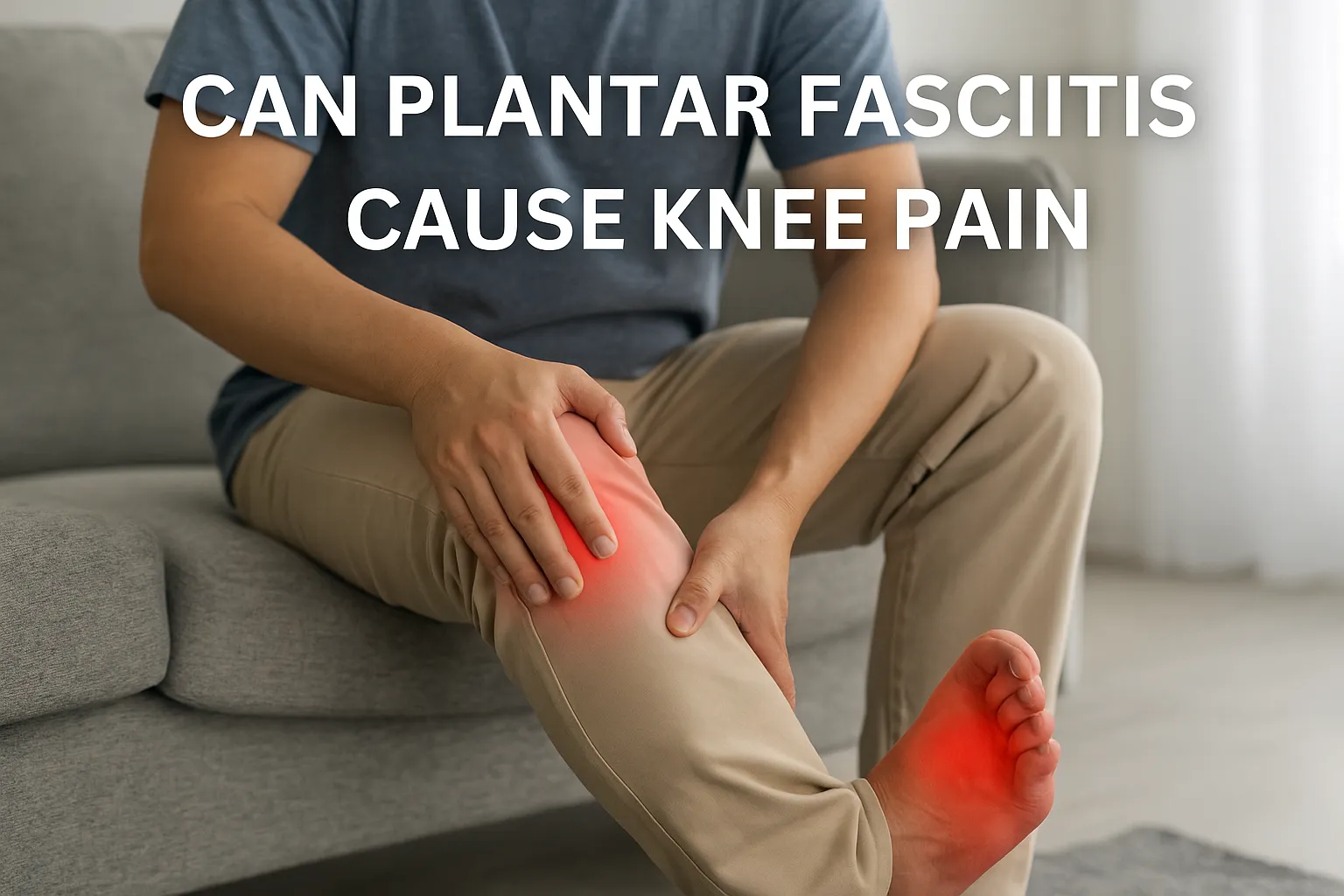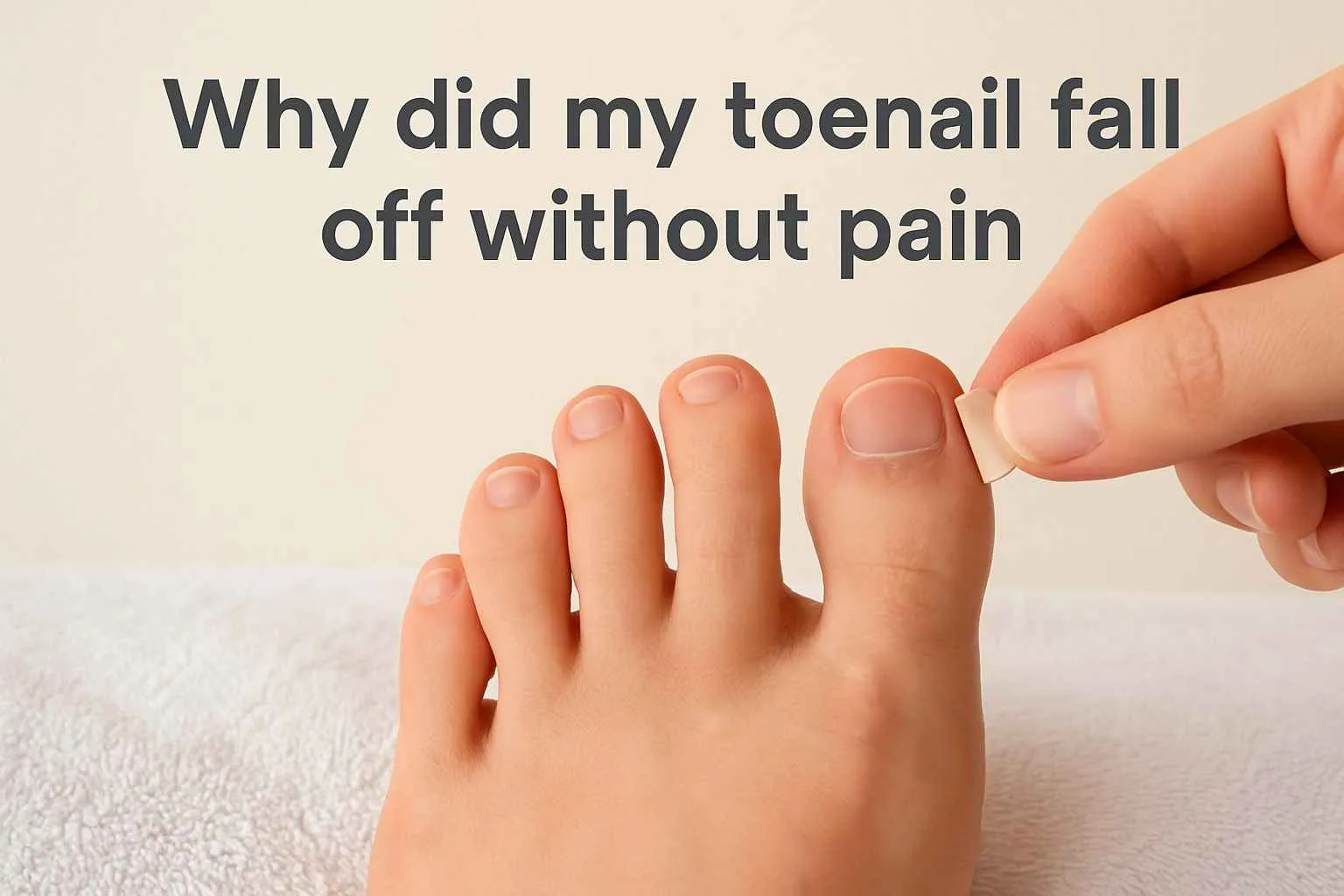Ever noticed your footwear getting tighter by the end of the day? Swollen feet can be more than a little annoyance. It might be the way your body is reacting to your everyday diet. Certain foods can trigger inflammation and fluid retention, leading to swollen feet. Let's explore the blog and learn about the food that causes swelling in the feet.
8 Worst Foods that Cause Swelling in Feet
Your diet can be one of the factors causing swelling in the feet, also known as edema. The following are the foods that lead to foot swelling:
1. Salty Foods
Excess sodium (salt) intake can lead to water retention as the body retains excess water to dilute excessive sodium and maintain a fluid environment. This water accumulates in the tissues, like feet and legs, causing swelling.
Examples:
-
Fast food like fries, burgers, and pizza
-
Packaged snacks such as chips and pretzels
-
Canned vegetables and soups
-
Processed meats like sausage, bacon, and deli meat
Tip: Consume less than 2,300 milligrams of sodium a day. If you are more prone to swelling, have 1,500 mg a day.
2. Refined Carbohydrates
By triggering an inflammation in the body, refined carbohydrates cause swelling in the feet. Also, these types of carbs quickly convert into sugar, which increases blood sugar levels, stimulating insulin release, which leads to high sodium and fluid retention, contributing to swelling.
Examples:
-
White Bread
-
White Rice
-
White Pasta
-
Sweetened Breakfast Cereals
-
Processed Snacks like chips and pretzels
-
Sugary Beverages such as sodas and juices
Tip: Instead, consume brown rice, whole wheat bread, quinoa, sweet potatoes, whole-wheat pasta, and starchy vegetables.
3. Sugary Foods
Excessive sugar intake can lead to high blood sugar levels that can damage the blood vessels' lining, which can impact blood circulation and cause fluid accumulation in the feet. Also, sugary foods can lead to inflammation in the feet, which can contribute to swelling.
Examples:
-
Sodas and sugary drinks
-
Candies and sweets
-
Desserts like cookies, pastries, and cakes
-
Sugar-sweetened cereals
-
Processed snacks such as packaged cookies and chips
Tip: Eat sweet potatoes, bananas, fruits (e.g., berries, apples, and watermelon), and vegetables (e.g., leafy greens, cucumbers, and asparagus)
4. Trans & Saturated Fats Foods
These fats can trigger inflammation in the feet, causing swelling that can worsen health issues like arthritis and plantar fasciitis. Also, they can lead to the development of Peripheral Artery Disease, which contributes to damage of arteries responsible for supplying blood to the feet and legs. This, in turn, causes poor circulation and, thereby, swelling.
Examples:
-
Fried foods like French fries, fried chicken, and doughnuts
-
Packaged baked goods like cakes, pies, pastries, and cookies
-
Margarine and shortening (prepared using partially hydrogenated oils)
-
High-fat red meats such as lamb, beef, and pork
Tip: Eat healthy fats such as avocados, fatty fish (salmon and tuna), olive oil, nuts (almonds and walnuts), and seeds (flaxseeds and chia seeds).
5. Processed & Packaged Foods
These foods have a combination of high sodium, refined carbs, added sugars, and trans fats, making them a big culprit in foot swelling as they can cause inflammation, fluid retention, high sodium content, and high blood sugar levels. These issues consequently contribute to swelling.
Examples:
-
Instant noodles
-
Frozen dinners
-
Salty snacks like potato chips, salted nuts, and pretzels
-
Canned soups and sauces
-
Snack bars with added sugars
Tip: Always check the products' labels, particularly for sugar and sodium content.
6. Red Meat and Processed Meat
Red meat consists of Neu5Gc, a molecule that triggers an immune reaction, causing chronic inflammation. Moreover, processed meats contain sodium and saturated & trans fats, which increase inflammation in the body, leading to swelling.
Examples:
Red Meat Examples:
-
Beef (ground beef and steaks)
-
Lamb (roasts and chops)
-
Pork (chops, sausage, and bacon)
Processed Meat Examples:
-
Bacon
-
Hot dogs
-
Cured meats
-
Meat jerk
-
Deli meats (bologna, ham, and salami)
Tip: Instead, have fatty fish, eggs, mushrooms, and skinless poultry (such as turkey breast or chicken).
7. Alcohol
By impacting the ability of the body to balance fluid levels, alcohol contributes to excessive water retention, which results in swollen feet. In addition, long-term use of alcohol can affect kidney function in filtering fluids & electrolytes, leading to water retention and swelling.
Examples:
-
Beer
-
Wine
-
Cocktails
-
Distilled spirits
Tip: Instead, drink a lot of water and eat foods rich in magnesium and potassium.
8. Dairy Products
Dairy products contain saturated fats, which trigger and worsen inflammation, which can be the cause of swelling associated with conditions such as arthritis and tendonitis. Also, as people with lactose intolerance can't completely digest the sugar present in the milk, it can cause lactose to ferment in the stomach, which leads to water retention and swelling.
Examples:
-
Processed Cheese Slices and Cream Cheese
-
Cottage Cheese and Buttermilk
-
Sweetened Yogurt
-
Milk
Tip: If you are lactose intolerant, avoid using milk products.
Other potential causes of foot swelling:
-
Standing for long hours
-
Obesity
-
Fractures or ankle injury
-
Premenstrual Syndrome (PMS)
-
Medication side effects
-
Skin infection
-
Pregnancy
-
Heart failure
-
Blood clots
-
Kidney failure
-
Weak immune system
Note: If you notice swelling in your feet that lasts for a longer period or bothers you, see a doctor for proper diagnosis and treatment.
Best Foods to Eat to Reduce Swelling in Feet
Add these foods to your diet to get rid of foot swelling:
1. Water-rich Foods:
-
Watermelon, cucumber, tomatoes, pineapple, grapefruit, lettuce, Celery, oranges, and other hydrating veggies and fruits to remove excess sodium.
2. Potassium-Rich Foods:
-
Bananas, avocados, sweet potatoes, beans, spinach, leafy greens, and other potassium sources to stabilize fluid levels and prevent the effects of sodium.
3. Anti-inflammatory Foods:
-
Fatty fish: Salmon, tuna, and sardines are great sources of omega-3 fatty acids, which can help relieve inflammation.
-
Leafy greens: Spinach, kale, and lettuce are loaded with antioxidants and many essential nutrients that reduce inflammation.
-
Berries: Blueberries, cranberries, strawberries, and blackberries are rich in anti-inflammatory and antioxidant compounds, which fight inflammation.
-
Nuts and seeds: Nuts like almonds and walnuts, and seeds like Pumpkin seeds and chia seeds are highly rich in healthy fats, which help alleviate inflammation.
4. Other Beneficial Foods:
-
Grapes and beets: Being rich in vitamin B, they support overall health.
-
Olive oil: It contains healthy fats that help prevent inflammation.
-
Asparagus: A natural diuretic that gets rid of excess accumulated water from the body.
Other Treatment Options for Foot Swelling
Here are the different approaches to treating foot swelling:
1. Manage the Underlying Cause:
-
If the underlying medical conditions, such as kidney or heart failure, are the causes, treat the conditions effectively.
-
For instance, if swelling occurs due to an injury, the RICE (rest, ice, compression, and elevation) method can help.
2. Lifestyle Modifications:
-
Lower sodium intake: As high sodium content leads to fluid retention, limit its intake.
-
Elevate legs: Elevate the swollen area above your heart level, which can aid in getting rid of excess fluid and prevent swelling.
-
Wear compression stockings: They help boost blood circulation in the feet and get rid of swelling, according to research.
-
Stay hydrated: Drink a lot of water to eliminate excessive fluid out of the body, further preventing swelling.
3. Medications:
-
Diuretics: Excrete excessive salt and fluid from the body, which helps treat swelling caused by various conditions.
-
NSAIDs: Ibuprofen and naproxen are effective Non-steroidal anti-inflammatory drugs (NSAIDs) that help reduce swelling in the feet.
-
Corticosteroids: Effective in reducing inflammation and swelling in more severe cases.
Natural Remedies for Swollen Feet:
-
Ice packs: Help get rid of pain and inflammation in the swollen area in the first 48 to 72 hours of injury.
-
Massage: Aids in moving accumulated fluid and thus reduces swelling.
-
Warm Epsom salt bath: Soaking in a warm Epsom salt bath can reduce swelling and provide relaxation.
-
Exercise: Practice exercise regularly to improve blood circulation and prevent fluid retention.
How to Reduce Foot Swelling?
Consider these measures to prevent the risk of foot swelling:
-
Stay hydrated: Helps eliminate excess amounts of sodium and decrease water retention.
-
Limit salt intake: Avoid consuming salty and processed foods in extreme quantities.
-
Move regularly: Do not stand or sit for longer hours. Instead, do frequent stretching or walking.
-
Elevate your feet: Raise your feet above your heart level to boost blood flow.
-
Wear compression socks: Help get rid of the accumulation of fluid in the feet and legs.
-
Eat anti-inflammatory foods: Consume berries, leafy greens, and fatty fish to reduce inflammation.
-
Avoid tight shoes: Do not wear tight footwear as it reduces blood circulation. Wear comfortable and well-fitting shoes.
-
Limit alcohol intake: Prevents the risk of dehydration and thereby swelling.
-
Check medications: Discuss your medicines with doctors, as some drugs can cause swelling as a side effect.
Summing Up
This is how diet can be a key factor in causing swollen feet. Foods that cause swelling in feet include salty foods, processed foods, refined carbs, sugary foods, and red meat & processed meat. Instead of these foods, add water-rich foods, potassium-rich foods, and anti-inflammatory foods to your diet. If you experience severe swelling that lasts longer, see a doctor for an appropriate diagnosis and treatment.
Frequently Asked Questions
Which foods that reduce swelling in feet and ankles?
Foods like leafy greens, berries, and foods rich in potassium, like bananas, can help reduce swelling in feet and ankles by promoting healthy circulation. Eat these foods that reduce swelling in feet and ankles.
Why am I suddenly getting swollen feet?
It can be due to excessive intake of salty foods, being pregnant, or being overweight
What is the quickest way to get rid of swollen feet?
Elevate your feet, apply ice packs, and wear compression stockings to quickly reduce swelling as these measures boost blood circulation and prevent fluid accumulation.
Is coffee good for swollen feet?
Though it doesn't lead to swollen feet, the best advice is to limit coffee intake. This is because, being a diuretic, it can cause dehydration which can increase swelling.
Will the edema go away if I stop drinking alcohol?
Yes, edema (swelling) can improve or subside after you stop taking alcohol as the body starts detoxifying and inflammation lowers.

Reviewed by







